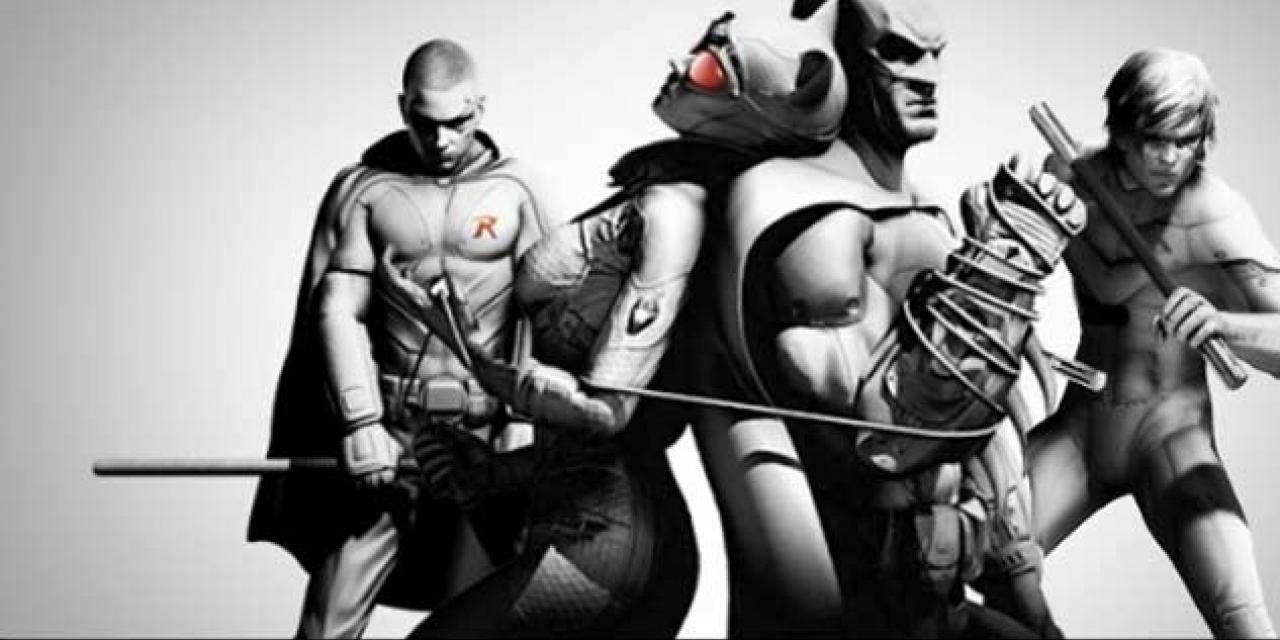
It might have taken a few years, but we're at a stage now where barely any of us blinks at the concept of DLC. Even day one downloadable content has become the norm for any big franchise. There are reasons for this of course, but it's pretty much accepted by the public that DLC is something most game makers are going to put out. But not all of them.
Pokemon developer Game Freak made headlines this week, when two of its most senior staff said that they'd never put any of their game behind a paywall. This is unsurprising in some ways, because Pokemon games have never featured DLC, but considering how easy it would be to turn certain pokemon into paid for extra content, it's nice to hear in the contemporary gaming climate that one company won't make you feel like even though you've bought the game, you're missing out on the full story.
That's not to say that Game Freak doesn't offer extra content for loyal fans. If you go and watch a pokemon movie or go to special events, chances are you'll walk away with some sort of legendary pokemon and of course, you need to have friends to trade with in order to "catch 'em all," but these types of additional content don't cost anything directly and if anything, they encourage interaction between gamers – paid for DLC just encourages you to get your wallet out.
Fortunately we no longer have to worry about a developer removing content from a game for DLC as it's now almost always part of the game's production schedule. Once the team is finished making the base game and it's heading towards release, they can get cracking on the first batch of DLC. That's somewhat understandable and it's been argued that without DLC, those same devs would be scratching their asses. I don't buy that completely, as I don't ever remember programmers and artists harking about the good-ol' days where they had three months off before a game's release, but ok, I'll run with that. But even with this somewhat plus point of DLC being a household feature of the gaming industry, it's also causing some horrible trends to appear.
One need only look at the online only requirements and long-term lack of mod-support for the latest Sim City as a perfect example. EA/Maxis only recently started talking about making mods a reality and even then, they'd be restricted and not allowed to step on the developer's toes. Because otherwise, how could it continue to sell DLC that could easily have been created by modders?
Want British buildings? Don't look for a mod, just give EA games $10 for it. The same goes for amusement park sets, airships and an electric car.
But PC gamers are at least veterans when it comes to DLC, we know that paying for a gun skin is ridiculous. DLC has been around in one form or another for nearly two decades at this point – though it used to be called a "patch" - but console gamers have only been experiencing real content updates since the original Xbox.
Even that though, used to be free.
Splinter Cell, Ninja Gaiden, they both had extra content, all of which didn't cost a thing. That's because the original idea of extra content, wasn't just about squeezing your fans for a few extra dollars, but keeping them playing the game long enough that when you released a new game or a sequel, gamers were practically guaranteed to buy that too.
This is a strategy still being employed by a few developers, a lot of them indies. Just look at Lone Survivor creator Jasper Byrne. He's released the Director's Cut of the pixellated horror title on PS3 and Vita at the end of last month. It's now set to hit the PC on October 31st, featuring featured new puzzles, an expanded story and a new ending – and he's giving it away free to anyone that already owns the original game on PC and Mac.
Endless Space developer Iceberg Interactive also deserves a pat on the back, as its soon set to release its fifth free DLC pack for Endless Space. That's not something the developer has to do at all, but it keeps people playing and it enamours them with the developer. Gamers are – for the most part – happy to pay for content, but it shows good faith in, and a respect of, your customer base when you treat them like fans and not like money sponges to be wrung out until they're husks.
So where do we stand going forward and what do we want to see emerge from the DLC trends? It's obviously not going away as a practice, but there are developers releasing it for free and seemingly remembering the days where retaining a player was more important than making a few more bucks. Maybe there's a way that we can do both though.
What about a HumbleBundle style pay-what-you want system for DLC? The success of those game collections suggests it could work. At the very least, don't restrict features or mods just so you can then sell the same sort of content to people. That's about the worst thing you could do.
At best, free DLC keeps gamers happy, but if a developer wants to pursue paid-for extra content, just make sure it's worth it.
